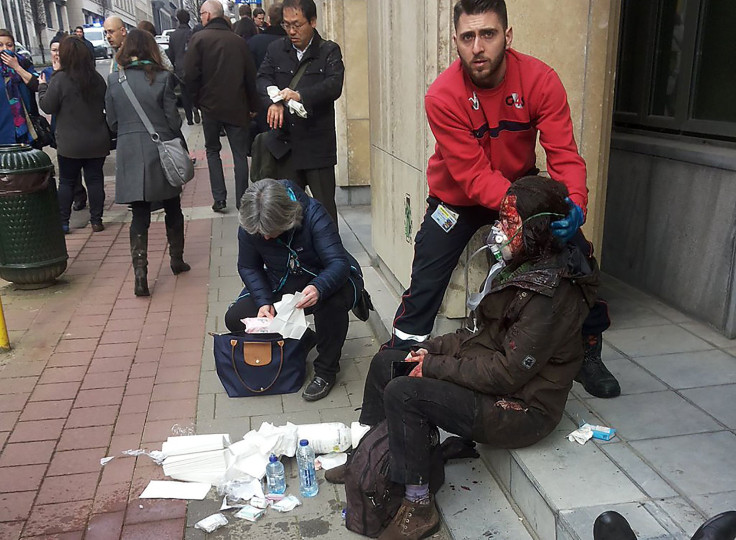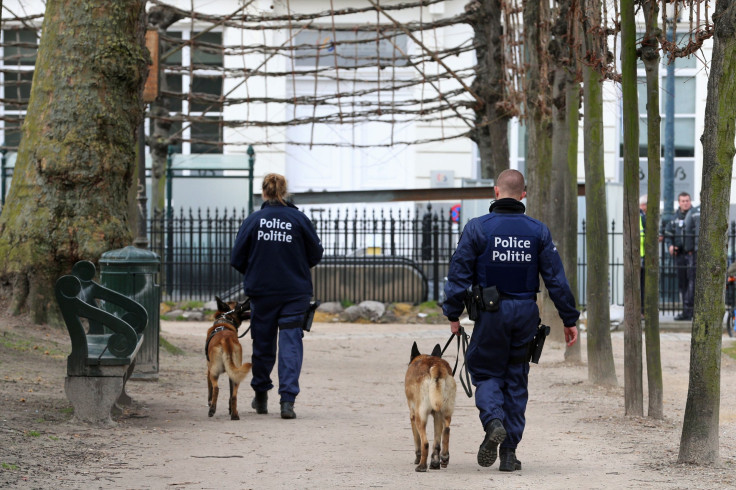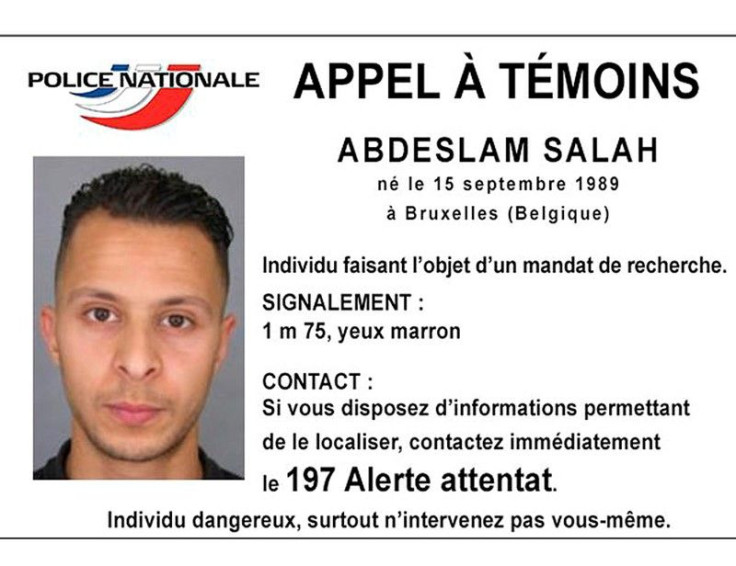Belgium Security Services Crackdown On Terrorists Accelerated Deadly Attacks On Brussels Airport, Metro: Security Experts

BEIRUT— For the last four months, Belgian citizens have gone about their lives knowing that terrorists — affiliated with the same radical network responsible for the deadly November attacks in neighboring France — are within their borders. Many breathed a sigh of relief Friday, when Belgian security forces formally charged Salah Abdeslam, the man responsible for orchestrating the attacks in France and a key operative of a terror network operating in Europe. But their relief was short-lived as three explosions rocked Brussels on Tuesday, leaving at least 30 people dead and hundreds wounded.
Even in the early stages of the investigation one thing is clear: The terror networks in Belgium and other European countries have yet to be dismantled.
“We’ve known for a while there were other plots in play and other groups in play [in Belgium]. The threat level has been sustained at a high level,” Justin Crump, CEO of Sibylline Ltd., an international risk analysis firm and specialists on jihadist groups, told International Business Times. “A net that closes in drives people to act and there is a bomb-maker still at large.”
Around 8 a.m. local time, travelers were queuing up for their morning flights in the departures lounge of Brussels’ Zaventem airport when someone started firing shots at the American Airlines and Brussels Airlines counters, according to a BBC report. Seconds later, two explosions rocked the area as two bombs — one in a suitcase, the other a suicide bomb — were detonated. As emergency services responded to the attack at the airport, less than an hour later, a third explosion hit the Maelbeek metro station, close to the European Union buildings.

The attackers did not pass through any security checkpoints in the airport or the metro station, so it would have been very difficult for security officers at either location to prevent the assaults, Crump said. However, this should not understate the complexity of such an attack, which would have required considerable organization, security experts said.
“It would take a reasonable amount of planning. These devices take a while to build,” Crump told IBT. “This was not someone’s first go at [building explosive devices].”
Belgium’s recent crackdown on militants and last week’s arrests, could have sped up the timeline for the attack, one analyst told IBT. In the last week, Belgian authorities arrested and interrogated several key members of a terrorist network, which could have caused affiliated members to rush to carry out the attack before security forces were able to foil their plans.

“It didn’t happen overnight,” Rafaello Pantucci, director of the Royal United Services Institute, told IBT. “What we don’t know is whether today was supposed to be the day or if the arrest accelerated their planning.”
French and European Union authorities say Abdeslam had a key organizing role in the planning of the Paris attacks, which left 130 people dead and hundreds more wounded in November. The French citizen, 26, was born in Belgium and lived there while planning his deadly operations. His brother, Brahim Abdeslam, carried out a suicide bombing outside Paris’ Comptoir Voltaire cafe in the November attacks.
Salah Abdeslam was arrested Friday, along with two other men, in Molenbeek, the Brussels neighborhood where he spent his childhood. Belgian authorities charged him with participating in a terrorist murder and being affiliated with a terrorist organization. The statement on his arrest did not specify which terrorist organization Abdeslam belonged to, but the Islamic State group claimed responsibility for the attacks in Paris.
Two days after Abdeslam’s arrest, Belgian State Security Chief Jaak Raes told CNN that Belgian security services were aware “that a number of people are possibly on their way to Western Europe, with the intention of conducting an attack.”
“We need to stay very vigilant about that,” he added.
© Copyright IBTimes 2024. All rights reserved.






















